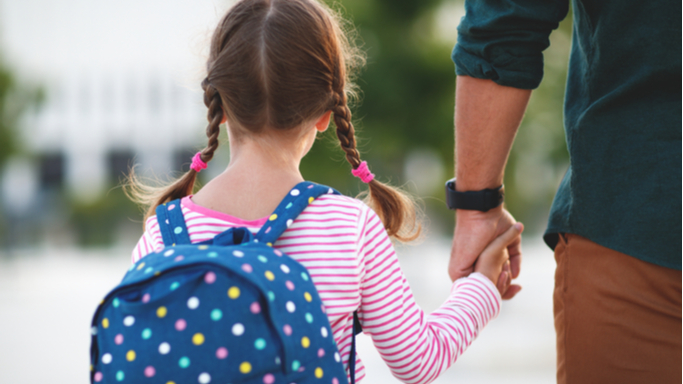What You Should Know
More than perhaps any other part of our normal life other than the healthcare system, the coronavirus pandemic has impacted education and schools. In response to the pandemic, in mid-March, nearly all schoolhouses in America suddenly closed their doors and transitioned to distance learning.
While some initial scrambling around was inevitable given the quick change of circumstances, public schools have not done a good job delivering online instruction to students, even months into this crisis. Both public and private schools will face a budget crunch as our weakened economy takes a toll on families as well as tax revenues.
If parents are acting as primary educators, they should receive the flexibility, funding, and support they need to fulfill that role. In addition to making plans for reopening schools, policymakers and legislators should look to expand options like education savings accounts, which allow families to use funds on any educational purpose. Further, they should be curtailing unproductive “turf wars” between the traditional public, charter, virtual, and private school sectors. Families should be able to do what works best for them during this time.
As with any disaster, we can hope that some silver linings emerge from this crisis. If this moment re-centers parents—not politicians, district administrators, or schools—in their rightful place as the directors of their children’s educations, the cultural impacts could be positive and long-lasting, even as students eventually return to brick-and-mortar schools and normalcy.


